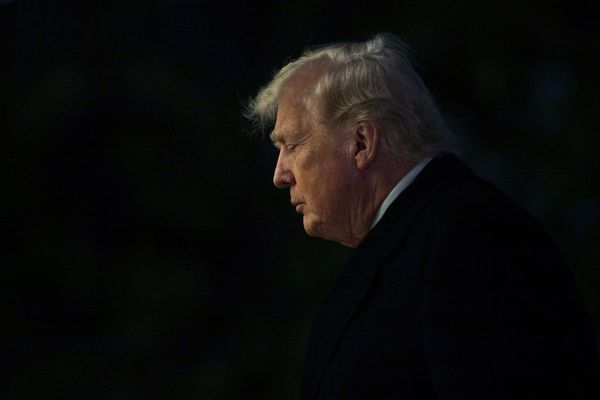
Renowned economist Nouriel Roubini was skeptical Tuesday about the potential for a cryptocurrency revolution, emphasizing that the state will continue to have control over monetary systems.
State To Control Fintech?
Roubini, in a joint Project Syndicate op-ed with economist Brunello Rosa, argued that the future of money and payments will not be characterized by a “radical” cryptocurrency revolution.
“Money is too much a public good and national-security concern to be left to private, anonymous, decentralized actors,” Roubini said. “One way or another, it will remain within the state's purview.”
See Also: Bitcoin Underperforms Ethereum By 60% In Q3: Which Coin Will Perform Better In Q4?
Bitcoin Failed To Become A ‘Currency’
The two economists argued that, despite the hype, Bitcoin (CRYPTO: BTC) and other decentralized assets have failed to become a “currency” due to their lack of scalability and stability.
The op-ed also downplayed the Trump administration’s decision to create a Strategic Bitcoin Reserve and the institutional capital coming into the digital asset.
“Over a decade and a half after Bitcoin's launch, the main advance in crypto is the stablecoin, which is just a digital version of fiat currency; and even the adoption of stablecoins will be gradual,” the op-ed read, pointing to the Trump administration’s support for the newly passed GENIUS Act.
Roubini Remains A Crypto Skeptic
Roubini’s views are significant given his reputation as one of the few economists who predicted the 2008 financial crisis, earning him the title of “Dr. Doom.” His skepticism about cryptocurrencies echoes his previous statements, including his 2018 testimony to senators, where he called Bitcoin the “mother of all scams.”
He had earlier blamed cryptocurrencies for facilitating the activities of militant groups like Hamas and helping them get funds while evading detection.
Read Next:
Disclaimer: This content was partially produced with the help of Benzinga Neuro and was reviewed and published by Benzinga editors.
Photo courtesy: Volodymyr Maksymchuk on Shutterstock.com







